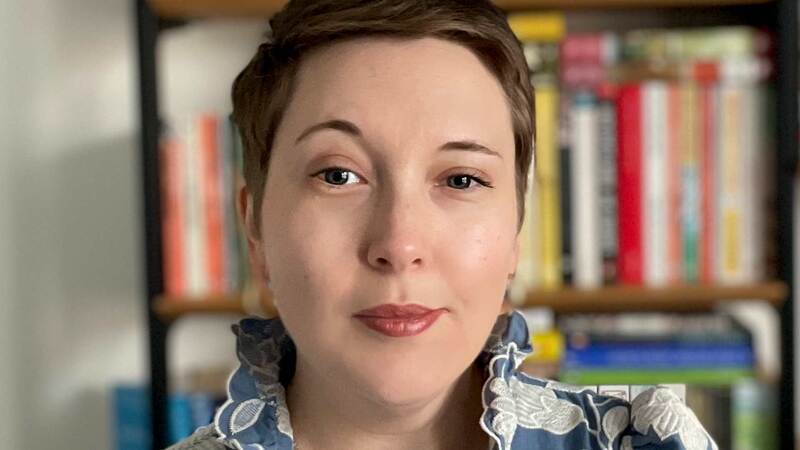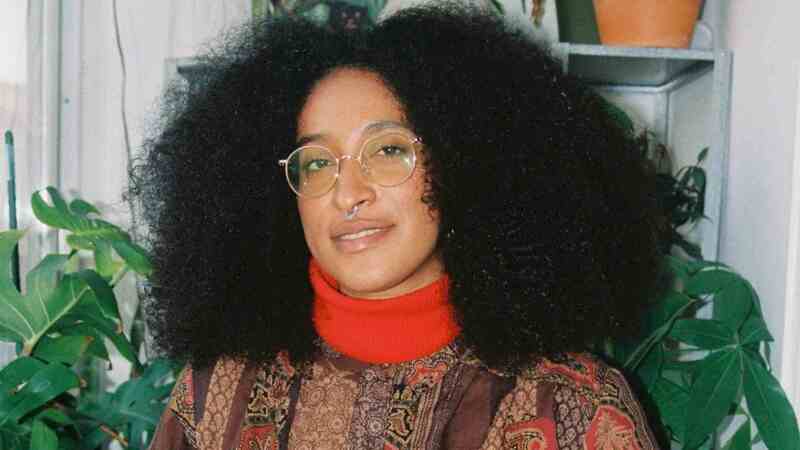You are viewing your 1 free article this month. Login to read more articles.
Iranian illustrator celebrated in London after winning visa fight
Iranian illustrator Ehsan Abdollahi has appeared at a special celebratory event hosted by indie publisher Tiny Owl two weeks after the British Embassy announced a u-turn on its decision not to allow him to enter the UK to attend Edinburgh International Festival.
The artist and animator had originally been refused a visa by the UK embassy in Dubai, as revealed by The Bookseller on 19th July, because officials believed he did not have “sufficient incentive to leave the UK” at the end of his visit. His stay had been organised and funded by his publisher, Tiny Owl, so that he could appear at its events for the Edinburgh International Book Festival later this month.
Following public outcry, the embassy reversed its decision and announced just over a week later that Ehsan, also a lecturer at the University of Tehran, could come to the UK afterall. Tiny Owl organised two free public events in London this week to celebrate his arrival with the panel session yesterday (10th August) discussing the importance of intercultural dialogue and collaboration in art.
The session, at the House of Illustration in London’s King’s Cross, was chaired by Erica Jarnes, m.d of the Poetry Translation Centre, and also included translator Azita Rassi (who will accompany Abdollahi to the festival), author and artist James Mayhew, and fellow writer Beverley Naidoo, who wrote a public letter condemning the visa refusal.
Delaram Ghanimifard, co-founder and publisher of the London-based Tiny Owl, explained how the situation caught the public’s attention and escalated to such an extent that the British Embassy officials in Dubai changed their minds. She said: “The article came first in The Bookseller and there was tweeting and a lot of support and then it was in the Guardian and of course it was Nick Barley [Edinburgh International Book Festival director] who was helping us and writing to MPs and the embassy for help.”
Naidoo described how seeing the publisher’s tweets inspired her to write a letter to the Guardian’s letters page comparing the situation to racial segregation and discrimination in her native South Africa. She said: “I saw the tweet...and thought ‘wow’, this takes me back to apartheid South Africa.
“We shouldn’t just think of the ban as affecting, which it obviously does, the person who’s been banned, it affects all of us who are being banned from hearing [what the person has to say]. Now this takes me back to [an experience of a friend experiencing banishment in South Africa].
“They - these people who throw out these visa bans - they need to think about what they’re doing, the stupidity of it.”
Ghanimifard told The Bookseller that it was “unbelievable” to finally have Abdollahi in the UK.
She said: “I didn’t expect this to happen [for him to get the visa] I thought there’d be some noise and that would be it. But it’s a good sign, that the embassy gave it to him because we can have more exchange, more illustrators can come and have this exchange of artists and authors and maybe we can invite some people to Iran.”
She added: “Publishing people from other parts of the world adds to the artistic understanding of the country, wherever that is. It will help people to see art in a different light and enriches culture so it’s important to have them published.”
Abdollahi told The Bookseller: “It still feels like a dream, as though I haven’t woken up and believed it yet. Even when I was in Iran and I wasn’t sure I could get the visa in time, all the love and support I received and the people who contacted me, I felt rewarded and it was though the bottle of happiness I had drawn [for the 2016 Tiny Owl book written by Pippa Goodhart] had come back to me and it was full.”
He described how Tiny Owl was important for promoting inclusion through the universality of its approach. He told The Bookseller: “Its audience is global so it publishes books everyone can relate to and it really respects its audience and how they feel and understand and the authors are first class, I am honoured to work with them. The issues they address are archetypal so everyone can understand the different aspects, everyone can access them.”
Abdollahi will also appear at the Edinburgh International Book Festival on 14th and 15th August. For more information, visit edbookfest.co.uk.

















